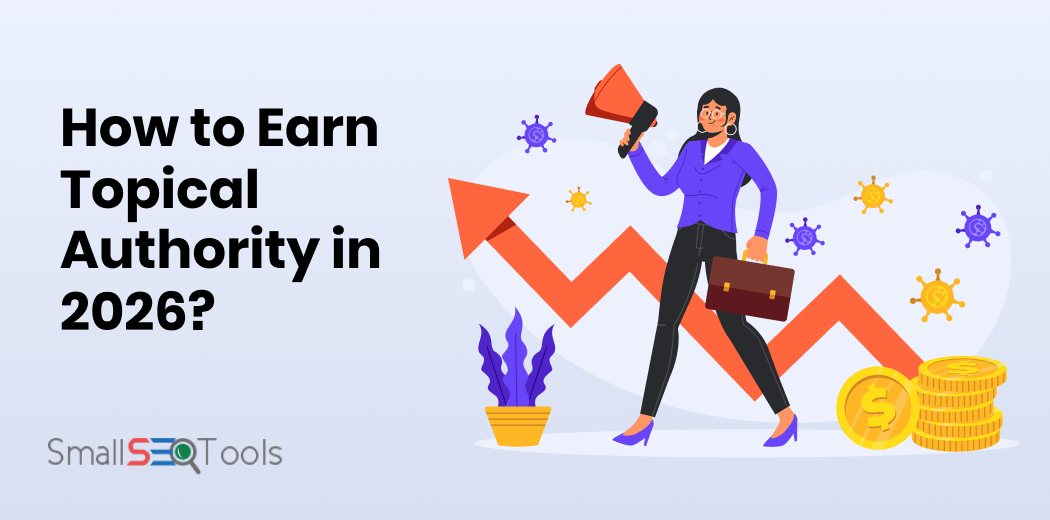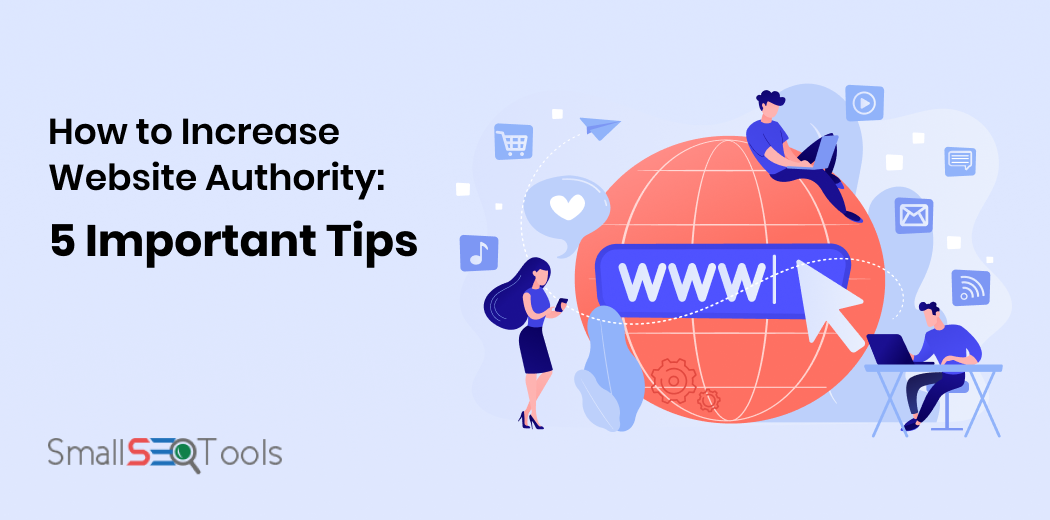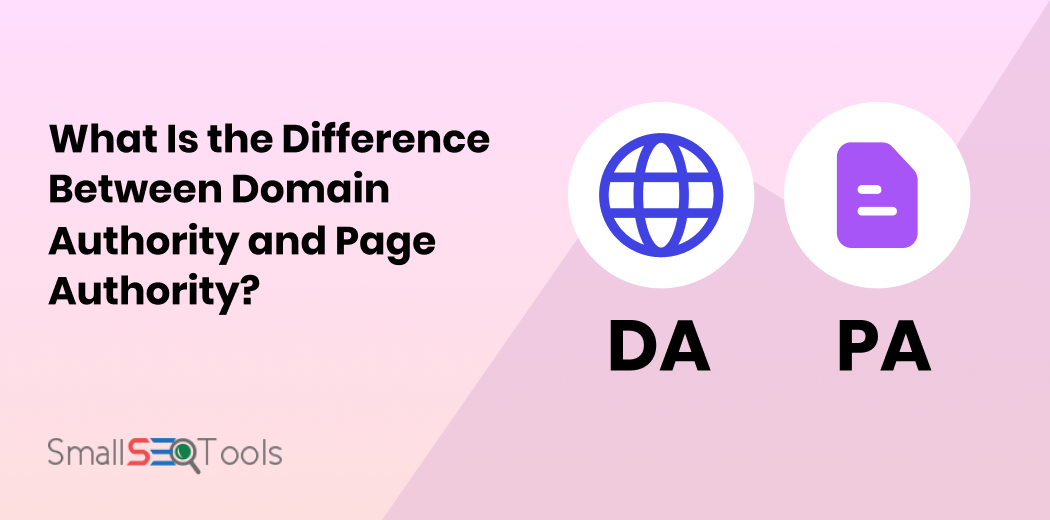6 High-Traffic SEO Sub-Niches for Bloggers

If you're starting a new blog about search engine optimisation (SEO) or would like to revamp your old SEO blog so that you can get better results in terms of traffic and income. This post highlights six highly searched, high-traffic, profitable sub-niches in the SEO market for you. But first, here's a question that needs answering:
WHY PICK A SUB-NICHE?

When starting a blog, you might be tempted to talk about everything and anything that pops up in your head as long as it is in line with the general "niche."However, one key fact to remember is that there is plenty of competition in every significant profitable niche, including SEO.
In short, if you were to go looking for a niche with no competition, a place no one has yet blogged on, then you'll more likely end up with a slot with zero traffic, zero profit potential, and of course, no interest from anyone. It is better to go sub-niche within a popular niche if you care about results.
It is best to focus on a segment within a popular niche rather than being a generalist like everyone else. This doesn't mean that there's no competition at the sub-niche level; it only means that you'll have a better chance of succeeding, dominating, building authority, and standing out. A sub-niche is a small market segment or topic within a mainstream niche and usually has a specific appeal. It is a niche within a niche. Typically, suppose you decide to focus on a sub-niche like this. In that case, you have a higher chance of becoming the "king" of that segment versus competing with already established blogs in the general niche.

For one, it'll position you as an expert in that category. When people need information about your sub-niche, your blog will be the first place to come to mind. This raises the question: What profitable, high-traffic sub-niches exist within the SEO market? Well, here are some you should consider:
1. SEGMENTIZED SEO
Segmentized SEO in this context means those specific segments of SEO such as voice search, video SEO, and local SEO. Each of these is a big topic on its own, so starting a blog that covers either one or a combination of them is a good idea. For instance, Comscore has predicted that by 2020, around 50% of search queries will be voice searches. Another data reveals that “near me” or "close by" type searches grew by more than 900% over two years.
What about video? Wyzowl found that 63% of businesses used video as a marketing tool in 2017. By the start of 2018, that number rose to 81%. And in early 2019, the number again increased to 87%.
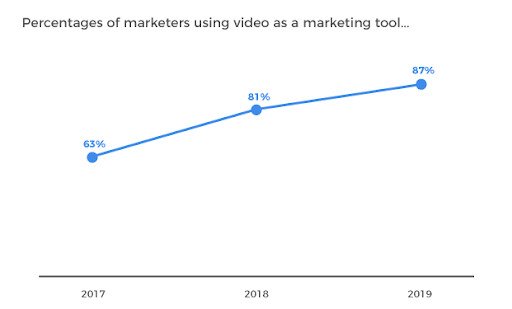
Unsurprisingly, 99% of marketers already using video will continue in the year ahead — with 88% planning to increase spending — while a whopping 74% of those who aren't currently using video as a marketing tool say they expect to start anytime soon.

Another study by Cisco indicates that by 2022, online videos will make up more than 82% of all consumer internet traffic — 15 times higher than in 2017. In fact, with users viewing more than 1 billion hours of video each day on YouTube, Cisco estimates that by 2020, there will be close to 1 million minutes of video crossing the internet per second.

That's how big these segments of SEO are, and with these promising trends, you don't want to miss the chance of becoming *the* authority within such sub-niches.
2. SEO CONTENT
SEO is online content that ranks in search engines such as Google and Bing.

When it comes to search engine optimisation, content is critical. Without search engine optimised content, there's no chance of ranking high. As a result, people want to know how they can optimise their content pieces — text, videos, audios, or visuals — to show up on page #1 for their desired keywords. Google even mentioned that content is a highly essential element for ranking websites. Specifically, they stated that content is among the top 3 ranking factors (alongside backlinks and RankBrain).

As you can tell, both the search bots and people are interested in well-optimized content. If you go with this sub-niche, you'll focus on best content practices for ranking at the top of search engine results pages (SERPs). You can talk about creating content that Google loves, SEO copywriting, keyword research, types of content for SEO, and everything that has to do with the writing and structuring content on a website for ranking.
3. SEO NEWS AND LATEST ALGORITHM UPDATES
SEO is one of the few niches that experience more-than-average updates and changes every other day. Smart SEOs understand that to stay on top of their game; they need to keep abreast of these updates and changes. This helps them to know and work with the latest information. As a result, SEOs are always searching for the next update and news. If you have what it takes to track the latest moves by search engine companies and [be the first to] cover relevant SEO news, then this might be the right path for you to follow.

But remember that this will require you to post daily or multiple times a day. As a news blog, there's the temptation to run on a "copy-and-paste" system since various sources often publish the same news item. But you don't have to do that. Part of what will help you succeed in this sub-niche is providing information or a perspective that people can't get anywhere else.
4. TECHNICAL SEO
Technical SEO refers to all the processes optimising a website for the crawling and indexing phase. It helps search engines efficiently access, crawl, interprets, and index websites. This is a vast sub-niche and arguably the most difficult to pin down amongst other SEO topics. Technical SEO is the backbone of optimisation. Everyone interested in ranking their websites needs this information.
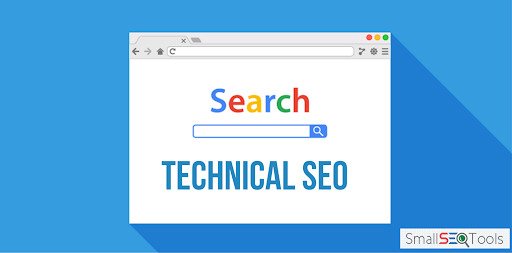
Suppose you choose to go with this niche. In that case, you'll create content around topics like structured data/schema markup, page speed optimisation, webpage image optimisation, link building/backlinking, permalink optimisation, and breadcrumbs. You'll also be covering Google ranking factors, RankBrain technicalities, XML sitemap optimisation, Internet security and how it affects rankings, cannibalisation, mobile-friendliness/responsive design, etc.
5. SEM (SEARCH ENGINE MARKETING)
When it comes to search engine traffic, there are typically two types:
-
Organic search traffic
-
Paid search traffic
Organic traffic is the visits to your website from search engines' search results performed by users. Conversely, paid traffic refers to website traffic originating from a paid advertising campaign (such as pay-per-click, banner ads, and videos ads) on a search engine. While SEO focuses on driving organic traffic, SEM focuses on paid traffic.

So what's search engine marketing? It is a form of Internet marketing that involves making your website or webpage appear in search engine results pages with specific ad copy, primarily through paid advertising. It covers paid ad optimisation, setup, ad copywriting, keyword competition, ad pricing, pay-per-click, and so much more.
6. SEO DATA AND ANALYTICS
Like it or not, data is the currency of online marketers, including SEOs. Day in and day out, in the course of performing their work, digital marketers live in a sea of data — numbers, percentages, line graphs, bar graphs, pie graphs, Venn diagrams, proportions, analyses, analytics, and every combination of said metrics.
If you focus your SEO blog on valuable data, trends, and analytics for these marketers, they'll quickly start flooding your blog and loving your content. You can teach people how to track, measure, use, and improve their SEO data. From the number of search queries to where searchers are searching, to on-site data, to general industry trends, and more, you can share much data-related information with people.

Why is data important?
The end goal of data in action. Anyone who wants a strong SEO strategy can't ignore data. If a marketer wants to take a goal-oriented action and get results, he'll need accurate data. Without insight into the correct data, SEOs won't be able to take the best steps in improving their game. Again, SEOs won't know how well their tactics work without data. They won't know what to improve, what to stop doing, and so on.
USE THE RIGHT TOOLS
No matter what kind of blog you want to start, we have many SEO tools you can use to perform many of the processes involved with starting and running a blog. We have the tools if you wish to research a niche or analyse blogs already operating in that niche. Whether you want a tool that suggests excellent domain names or shows you precisely what to do to go straight to the top of SERPs, we've got you covered. Go check them out!








